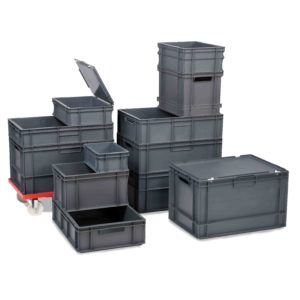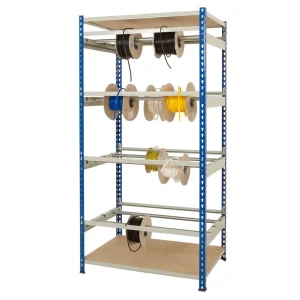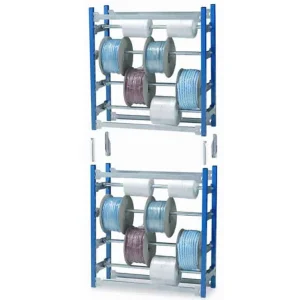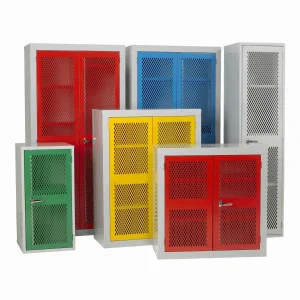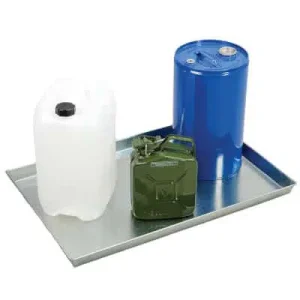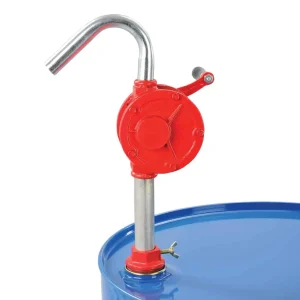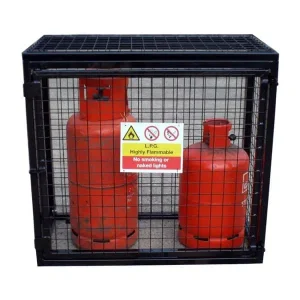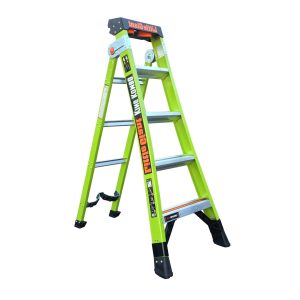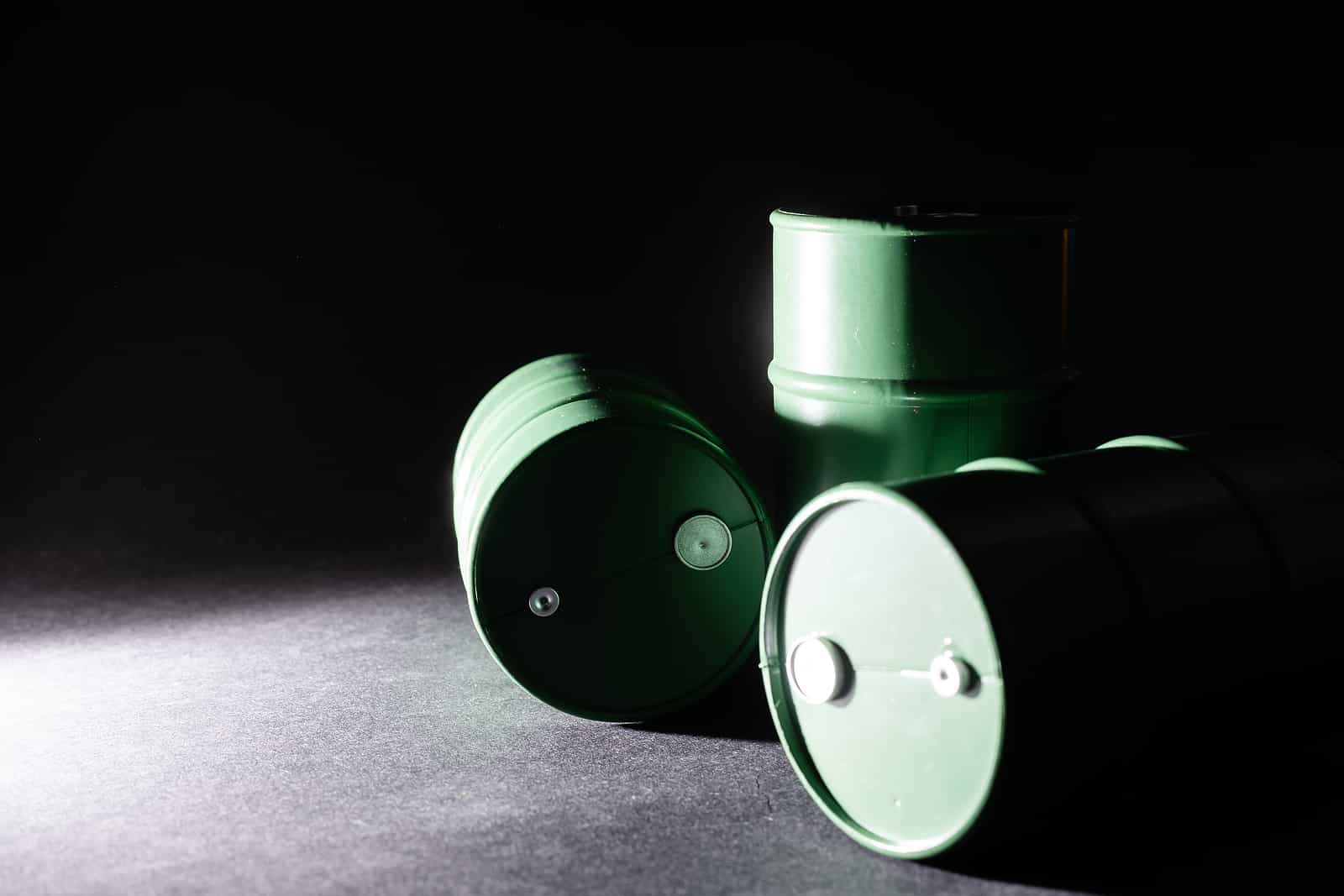
Petrol is a valuable, highly-flammable and potentially dangerous substance, which is why it is necessary to store fuel with a suitable storage solution. No matter the amounts of fuel you store, you could find a wide range of problems arise from petrol and diesel, notably spillages, fires or explosions, should the storage not have sufficient protection. So, proper fuel storage is vital?
The petrol storage regulations in the UK are set by the Health and Safety Executive (HSE), the official government body that enforces many other health and safety regulations. There are several domestic petrol storage regulations and rules for the safe storage of petrol at work too.
We sell many different external petrol storage products that are ideal for home, commercial or industrial use. Read our overview of the regulations and buy online with free UK shipping today, and feel free to contact us if you have any questions about any of our superb-quality products.
What Are the Petrol Storage Regulations at Home?
There are plenty of reasons to store petrol at home, such as an emergency reserve or as fuel for garden tools and domestic vehicles like quad bikes. Hobbyists also use petrol for remote-control helicopters, boats and aircraft. Some people may also have full-size versions of such vehicles.
When storing petrol and fuel in the home, the HSE’s rules are as follows:
- Volume limits: The limit for any non-workplace premises is 30 litres. If you need to store more than this on your own premises then you are obliged to inform your local Petroleum Enforcement Authority (PEA) of your name, address or fuel storage place.
- Container regulations: When storing fuel at home you can only use what the HSE calls ‘suitable’ portable plastic or metal containers, such as a jerry can. Other options include a demountable fuel tank. You may also use a combination of these containers.
- Storage place restrictions: You are not supposed to store the petrol within your living accommodation. Acceptable places may include an integral garage, if fire regulations are met, an external garage or your vehicle, whether that is a car, boat or an aircraft.
- Sources of ignition: Taking ‘reasonable precautions’ to ensure there are no ignition sources in your storage space is an important regulation. This includes any devices that might produce electrical sparks, static electricity and, of course, all naked flames.
- Petrol dispensing: You should not pump or electronically dispense any petrol in the storage space. These are the petrol storage regulations of the UK, not the dispensing regulations! All petrol dispensing should take place outdoors.
- Ventilation: You can store petrol in the open air, such as in an external garage, but if not you need to provide a direct exit to the open air from the storage space as well as ventilation to this exit. This is so the petrol vapour does not build up indoors.
For more detailed information on storing petrol in your home, you can check out the official HSE website for further guidance. The fuel that is stored in the tank of your vehicle does not count towards the storage allowance, you can store 30 litres on top of whatever is left in the fuel tank.
Petrol Storage Regulations in the Workplace
Many workplaces require short or long-term fuel storage, such as at refuelling centres, in garages, golf courses and many leisure clubs or associations. The added complication to this side of the regulations is that they change slightly if you dispense the petrol as well as store it.

- Risk assessments: The legislation for workplaces is the Dangerous Substances and Explosive Atmospheres Regulations 2002 (DSEAR), which requires a risk assessment for employers to identify and control substances to protect employees and the public.
- Sources of ignition: Your risk assessment will reveal sources of ignition, but no other sources can be brought into the storage area. The responsibility for monitoring and enforcing this regulation lies with the employer or self-employed person.
- Ventilation: As volumes stored or dispensed are often higher, ventilation needs are more important. For example, vents in storage and workroom doors and ventilation to the outside must be provided if any fuel is used in areas that are not in the open air.
- Container types: The fuel must be sorted in DSEAR-certified containers, no matter what volume you might need to store or dispense. You can get many types of suitable containers, depending on the nature of the business, such as drums or IBC containers.
- Mixed use spaces: If the storage space of the fuel is also a workroom, then you will not be allowed to store more than 50 litres in any kind of suitable container system. This regulation applies to all kinds of flammable liquids, such as paint thinners, too.
- Secondary containment: If there is dispensing occurring in a workplace, such as with fuel for vehicles on a construction site, then you will need a spill containment strategy. Options include drip trays or bunded storage. Learn more about bunded storage.
Containers must also be secured with locks and tightly sealed when not in use. The guidelines apply to all workplaces and are the responsibility of an employer or a self-employed person. For more information on how to safely store petrol in the workplace see the full DSEAR guidelines.
How Long Does Petrol Last in Storage?
According to a fact sheet provided by BP, petrol will last 1 year in storage. If a container seal has broken the shelf life then drops to around 6 months at 20°C or 3 months at 30°C. Any petrol in an equipment fuel tank has a shelf-life of just 1 month, but topping the tank up with ⅓ fresh fuel can restore some of the essential vapours in petrol that will otherwise naturally evaporate.
Petrol Storage Regulations in the UK Explained
As leading providers of a wide range of storage solutions for hazardous materials, we are an excellent source for some clear information on the UK’s fuel storage rules. Whether you need short or long-term petrol storage in the workplace or at home, you need to take precautions.
Petrol storage regulations in the UK help to keep fuel safe and secure, whether at home or in the workplace. Please feel free to browse our products and buy online to ensure your compliance with the HSE’s regulations. You can get in touch with us if you have any product questions.

